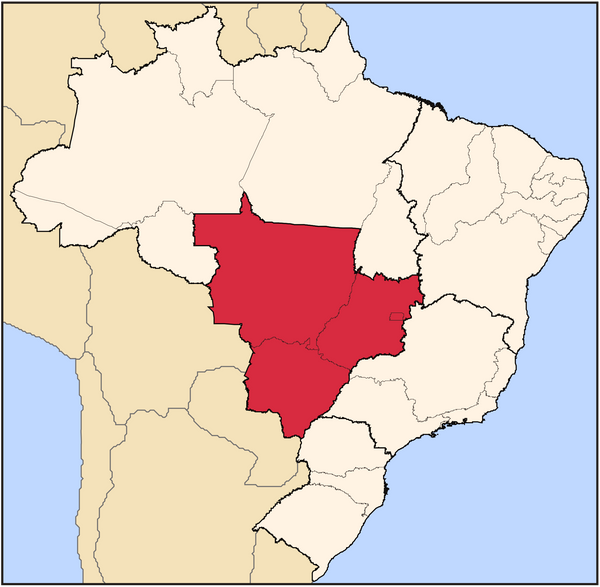How Brazil’s drug war became a crusade against people of color
By Eduardo Ribeiro
In Brazil’s old colonial capital of Salvador de Bahia, February means Carnaval, a six-day Dionysian celebration often called the biggest street party in the world. But behind the merriment hides a striking example of Brazil’s endemic structural racism.
Though Salvador’s population is 80 percent black, the carnavaleros dancing down the cordoned-off avenues are mostly white, protected from the masses by largely black, rope-holding sentinels. Bleachers packed with white spectators are defended by still more black security guards. Police patrol the crowds, demonstrating radically different attitudes toward the carousers depending on the color of their skin. It’s black Brazilians’ unequal status made manifest in a week-long party—a reality all the more maddening given the Afro-Brazilian origins of both Carnaval and Salvador.
That’s why my fellow activists and I chose Carnaval season to speak out about the racism that permeates our society. Specifically, we’re setting our sights on the so-called war on drugs, which might be more accurately seen as Brazil’s war on black communities. In its official launch, the Black Initiative for a New Drug Policy took to the streets of Salvador during Carnaval with a group whose samba theme urged spectators, “Tire seu racismo do caminho que eu quero passar com a minha co” (Get your racism out of my way, I want to pass by with my color).
The mission of the Black Initiative, launched in partnership with Brazil’s Collective of Black Entities and the Latin American Network of People Who Use Drugs, is to build a movement of black organizations and activists advocating a new approach to drug policy.
Our aim is to highlight the disproportionately negative impacts of current drug policies on Afro-Brazilian communities in advance of April’s UN General Assembly Special Session (UNGASS) on the “world drug problem.” This event, and the preparatory meetings leading up to it, offer an historic occasion for communities negatively impacted by drug policies—not just communities of color, but indigenous populations, women, youth, and people who use drugs. In the presence of some of the same people who originally launched the war on drugs so many years ago, it’s our chance to present and assess possibilities for purging our world of such harmful paradigms.
Punitive drug laws—and enforcement of those laws—have had disastrous results for Afro-Brazilians. Approximately 53 percent of Brazilian society identifies as black (negro) or mixed-race (pardo). Yet black and brown people represent eight of every ten homeless people, 77 percent of homicide victims, and a large majority of those incarcerated in the country’s overcrowded prisons, where half a million people survive in subhuman conditions.
Click here to read the full article.
Keep up-to-date with drug policy developments by subscribing to the IDPC Monthly Alert.
Thumbnail: Wikipedia
